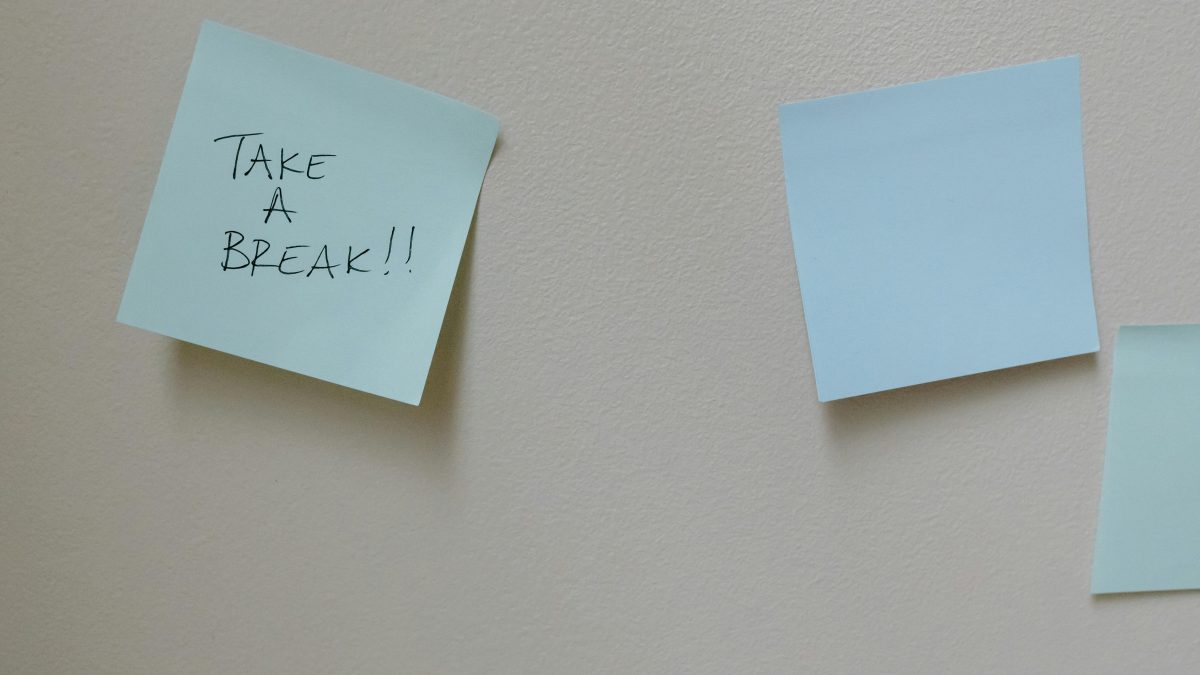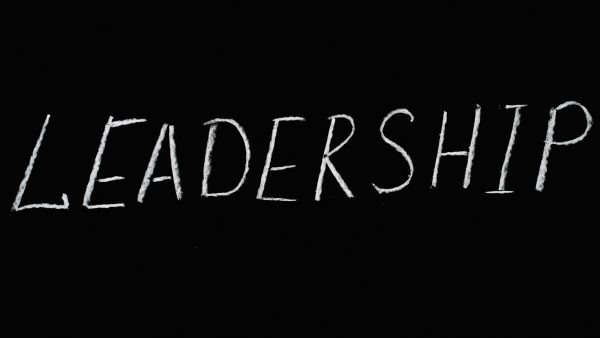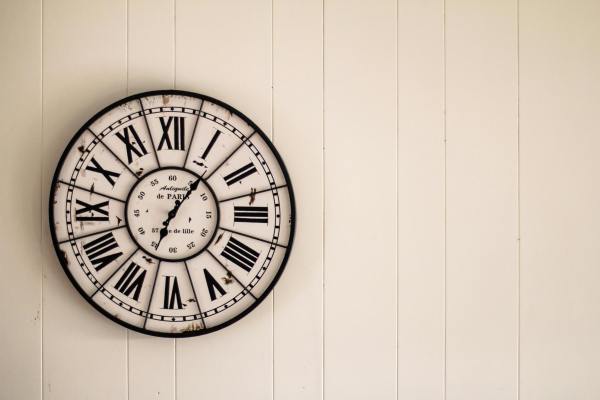Western human beings tend to see the use of time solely as a source of returns, and they observe social interactions with the same economistic gaze: they are not valued per se, but only as a source of present or future relationships and utilities. We must always be busy, we cannot stand still.
Busy, OK, but busy doing what? Let’s think about it for a moment: leaving aside the time we spend attending to our work and family obligations, what are we busy doing? I imagine that part of your answer includes this: busy attending to the digital commitments we have created for ourselves through our social media presence, which, let’s face it, are mostly completely useless. Or does this come up: busy having social conversations that we don’t really want to have but that have become obligatory (keeping up with those endless WhatsApp group chats, for example).
We humans need the feeling of connection with others, but if we do a little introspection we will realise that many of the interactions we have are not truly desired and also consume time that we do not have, which feeds back into the negative feeling, because it generates the anxiety of losing it. We have to become aware of this, and, once we are, we have to stop.
Too much interconnection can cause problems. In previous posts on this blog we have already talked about the use of technology and its limits, for example, in the case of children and mobile phones. If we take it as an example of the convenience of taking small pills to stop, the example of the mobile phone is clear: a telephone exerts a gravitational force that means that even a minimal consultation often becomes a long period of lost time, wandering digitally without the slightest benefit. In this case, taking a digital break would help us become aware of the way we use our mobile phones: if you are not going to use it actively by writing or posting and you are only going to use it passively by looking at what others are doing, maybe it’s time to put it away for a while. And when you want to use it to distract yourself or have fun, do it consciously and set time limits. This idea is gaining ground: in imitation of Sober January, Phone Free February has been launched, which aims to help people diagnose for themselves if they have a problem with mobile phone use. Among its recommendations, it suggests trying to override the automatic unlocking of the mobile phone to look at it, setting aside some time each day to be without it (putting it on do not disturb or simply leaving it far away).
The importance of knowing how to stop
You have to stop from time to time, get out of that lane and give yourself ten minutes’ break. To be alone. Not to communicate. To do nothing and think. Or not to think.
Carissa Véliz wrote that to be autonomous you have to have space to make your own decisions, and that a certain solitude, far from the observation of others, helps you discover what you really want, as well as increasing your degree of independence and self-confidence.
Spending time alone allows us to reflect on our thoughts and emotions, and can be a great boost for creativity: we think differently when we don’t have an immediate task to do; it acts as an escape valve. And for those who can’t avoid the economic gaze, good news: being alone also stimulates productivity: without distractions, we concentrate better and tend to perform better.
The key to reaping these positive rewards is to choose to spend time alone. In a culture where we often confuse being alone with loneliness, the ability to value the time we spend with ourselves will prevent us from processing the experience as something negative. And we will probably start to value it as something positive, and if we get used to it, we will miss not being able to do it: in English there is a term to describe the bad feeling or unease that some people feel when, caught up in obligations (some necessary, others perfectly dispensable), they do not have time to be alone: they call it aloneliness. [Note: English also distinguishes between desired solitude –solitude– and unwanted loneliness –loneliness-].
There are several psychological studies (most notably Robert Coplan’s Seeking more solitude) that investigate the discomfort that many people feel because they cannot have those moments of solitude.
Byung-Chul Han, the omnipresent philosopher, published one of his little books a few years ago in which he praised the contemplative life and called for the abandonment of the hyperactive and permanently busy lifestyle (given that we only perceive life in terms of performance, we tend to understand inactivity as a deficit or a denial). Byung-Chul Han railed against the loss of the ability to do nothing and advocated a life that includes moments of contemplation, or inactivity, or other activities.
The break we are talking about may be precisely about doing nothing. As an extreme example, a television contest has been a hit in South Korea for the last ten years in which the objective is precisely to do nothing and relax. The contest rewards those who manage to lower their heart rate and convey the greatest appearance of tranquillity (who’s best at doing absolutely nothing | CNN)
Without going to such extremes, integrating some minimal pauses into our daily lives can also be training for the future: voluntarily learning to be alone can help us to better handle being alone when it is not by choice, when it is unwanted solitude. Thus, it can be preparation for old age, which is when statistically it is more likely to occur. There is no need to insist that loneliness has become an increasingly serious problem. There is no shortage of surveys that show majorities – in all age groups – who say they feel increasingly lonely. And it is a very visible problem: as an example of its relevance, in February 2021 the Japanese government appointed a Minister for Loneliness.
The paradoxes of loneliness
Loneliness involves many paradoxes: many people are afraid of being alone (at the extreme, there are famous studies – Virginia, Harvard – in which 25% of women and 66% of men participants chose a mild electric shock rather than spending time alone with their thoughts), but, at the same time, most of the activities that people define as the most peaceful (reading, walking in nature, listening to music, taking a bath) are things that are done alone – see the Rest Test -). In any case, if the idea of spending time alone without doing a mechanical task is very stressful or disturbing, that is a clear sign that professional support may be needed.
One can train oneself to be alone. Short breaks are a start, as is choosing a hobby, or any activity that, without being one, provides the same space separate from the rest of the world: getting up early to go running or walking the dog, playing an instrument, learning a language, reading, walking, the old favourite of looking at the clouds or simply doing nothing… (time alone has to be really for and by oneself, not for catching up on housework or doing that postponed errand or completing the income tax return).
In some clinical psychology consultations, patients are asked if they have hobbies or pastimes and not having any is identified as an indicator that they are not dedicating enough time to themselves and are only concerned with work or family obligations. Thus, a hobby is usually a symptom of good mental health – and so is knowing how to set limits on the time dedicated to it, because with hobbies you often lose track of time. Be careful: hobbies also have their dangers: for them to be hobbies, they must be carried out without any economic or recognition intention, for the mere pleasure of doing it, even if we do it badly or badly, without the need for them to have a tangible return. Monetising hobbies will be another way of putting pressure on yourself, of giving an economic sense to the use of time and going back to where we started this blog post. If you’re trying to earn money or recognition through your hobby, it’s not a hobby.
In short: let’s stop from time to time. A short break. Let’s clear our heads a bit, and use that as training. Or, at least, let’s start thinking about maybe we should do it… Will you dedicate the next six or seven minutes to this?











